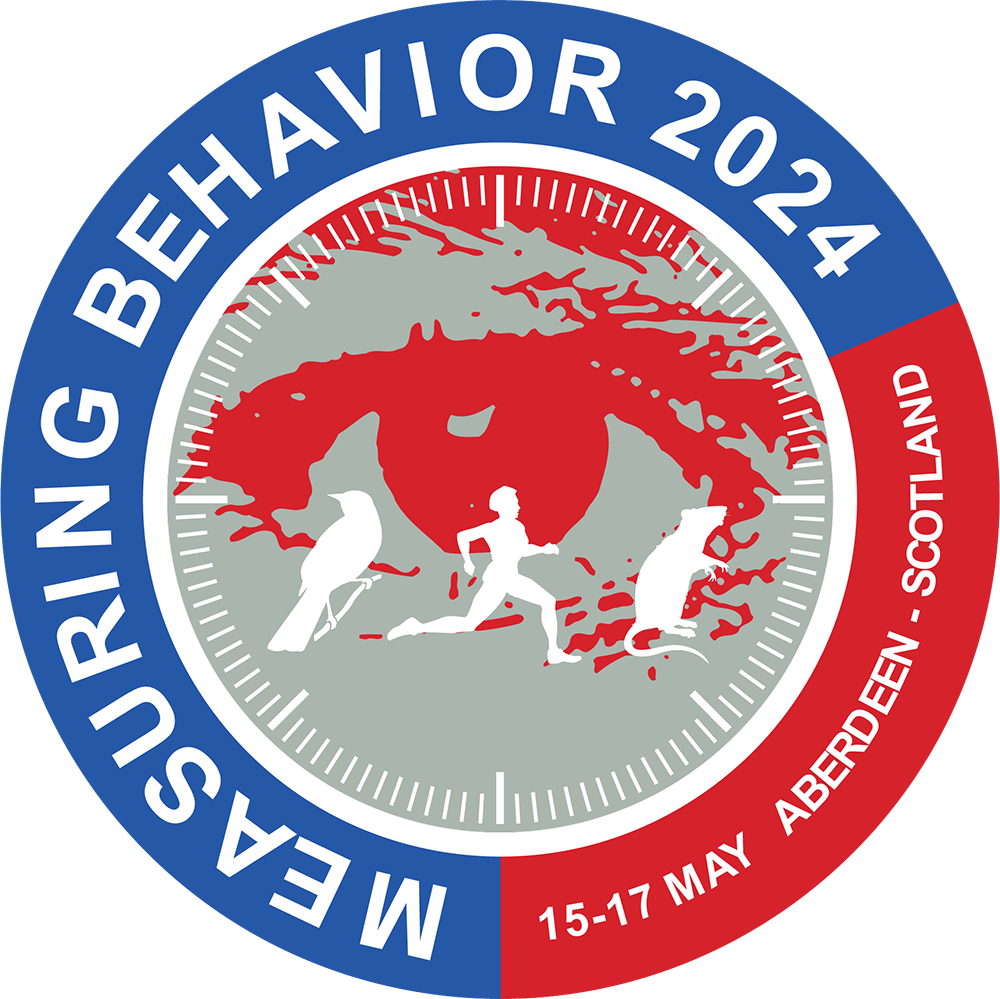Description:
We live in a world where scientific communication is most often communicated by those who hold little to no knowledge of the subject. At the same time, we have more options for communicating our science to the public. Thus, it is incumbent on scientists to be our own best advocates for our science, and we need to do that by involvement in our communities and society as educators and communicators.
This workshop will talk about what makes good scientific communication – from public talks and presentations, to scientific papers. The workshop will be interactive with discussions of how to explain complex scientific concepts without oversimplification, how to speak to various age and education groups without condescension, and how to tailor our communication to specific distribution via Ted Talks, blogs, podcasts, social media, videos, and more.
While the workshop will discuss individual roles in policymaking, it will not be the focus of the workshop. Instead, we will examine and discuss the obligation of scientists to be accurate and diligent in validating not only our own research, but also other research news we might share through our networks.

 Measuring Behavior
Measuring Behavior